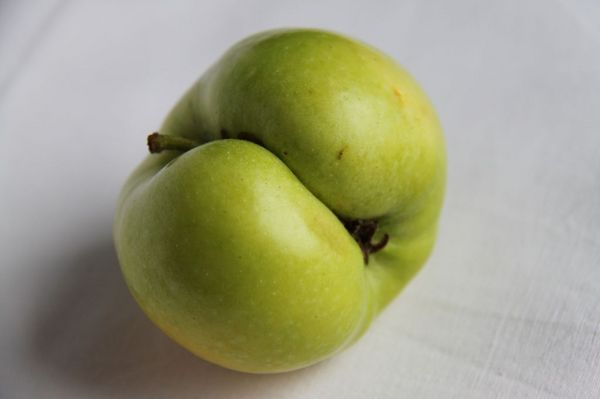Background
Why many apples in the landfill spoil the climate
Felicitas Schneider | 21.06.2022
Large quantities of methane are released during the landfilling of food waste. This gas increases the greenhouse effect and should therefore be avoided.
Although a large proportion of food consists of naturally grown ingredients, there is a lot to consider when disposing of it in large quantities. Food can be decomposed by various microorganisms. These microorganisms process the organic ingredients and use them to generate energy for their own growth. Depending on the prevailing environmental conditions, different metabolic products are produced.
When waste is landfilled, as much waste as possible should be stored in as little space as possible. For this reason, the deposited waste, including much food waste, is compacted with heavy machinery. As a result, there is hardly any oxygen inside the landfill. If the microbiological degradation of the discarded food takes place in such a landfill, microorganisms are involved that can cope with these difficult conditions. The degradation process produces methane (CH4). The greenhouse gas is 25 times more climate-effective than carbon dioxide (CO2) and contributes significantly to climate change. For this reason, food should never be sent to landfill untreated.
Alternatives are separate food collection and treatment in a mechanical-biological treatment plant, a biogas plant, a composting plant or incineration together with household waste.
Unfortunately, this principle is only taken into account in a few countries, for example in Germany, and has not yet been implemented worldwide.







